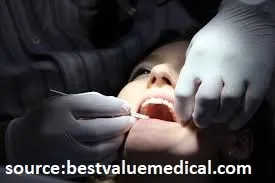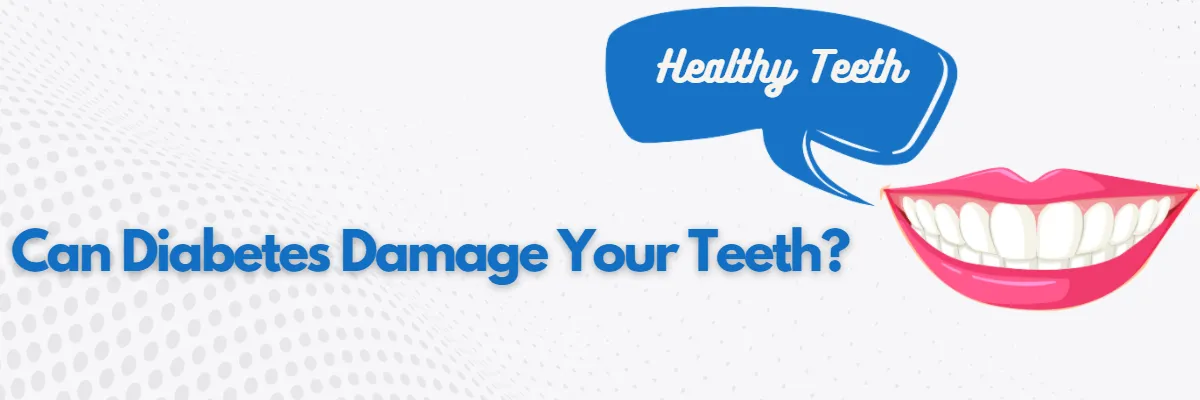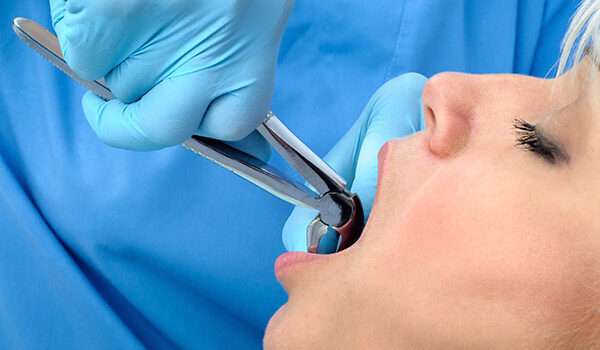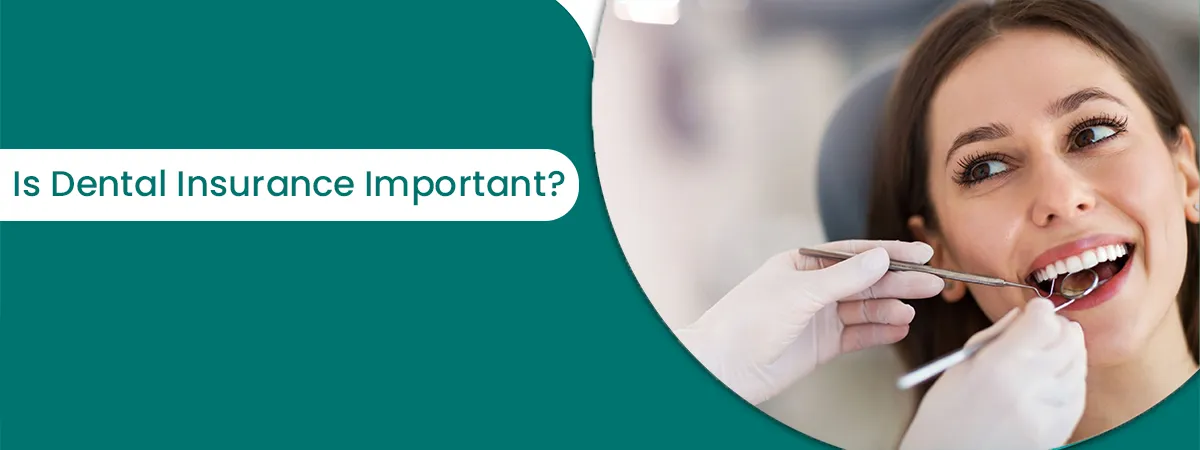The article will discuss that can diabetes damage your teeth and what are the oral health concerns if you have diabetes.
 Diabetes is a condition that takes place when your blood sugar becomes high. Diabetes is becoming a common issue for people in Noida. They look for the best dental clinic in Noida. Are you also having diabetes? book an appointment today with the best dentist in Noida.
Diabetes is a condition that takes place when your blood sugar becomes high. Diabetes is becoming a common issue for people in Noida. They look for the best dental clinic in Noida. Are you also having diabetes? book an appointment today with the best dentist in Noida.
If you are facing diabetes, then you have a high chance of developing oral health issues such as cavities, bones, and gums infections that hold your teeth because diabetes decreases blood supply to the area.
If you have diabetes and are above the age of 50, your chances are even more. Whether or not you have diabetes, dental problems, and aging, go together.
Symptoms to Look Out For
You need to visit a dentist if you:
- Have sore or bleeding gums
- Have persistent bad breath
- Usually, get infections.
Keeping your diabetes under control will help to safeguard your gums and teeth. This, in turn, will assist you in managing your diabetes.
Keep a watch out for these oral health concerns if you have diabetes, specifically if you have already hit the half-century mark.
Gingivitis
The most prevalent oral health issue among individuals with diabetes is gum disease.
Gingivitis is the earliest stage of gum disease. It occurs when bacteria cause your gums to bleed, feel sore, and turn red.
Bacteria enjoy eating sugar and converting it to tooth-damaging acid. When you have uncontrolled diabetes, there is excess sugar in your saliva which means a free feast for bacteria.
Plaque gets formed when bacteria, saliva, and leftover food’s bits clump together. When it accumulates, It causes gum disease and tooth decay.
Flossing, brushing, and rinsing with an antiseptic mouthwash will eliminate it and stop gingivitis.
Periodontitis
If gingivitis is left untreated, it can progress to periodontitis, a more dangerous form of gum disease that erodes the bone and tissues that support your teeth. In the worst-case scenario, you may lose all of your teeth.
Plaque and bacteria can build up on your teeth if you do not brush and floss daily. That makes your gums draw away from them. It forms pockets where bacteria can hide and wage war on more areas of your mouth, even your bones.
Flossing and brushing alone cannot cure or heal periodontitis. You will require a dentist. They may even refer you to a periodontist, a dental specialist. To save their teeth, some people need gum surgery.
Mouth Dryness
Saliva production is slowed by diabetes and getting older (particularly if you’re a woman). This puts you at risk for dry mouth (xerostomia).
Saliva produces bacteria-killing enzymes. Bacteria will grow unrestrained without it.
A dry mouth can cause sores and ulcers, and increased gum disease, and tooth decay.
Infection
Sugar-loving creatures are not limited to bacteria. Fungi do as well, so thrush, a fungal yeast infection, is common among individuals with diabetes.
Thrush can create red or white spots on your tongue and within your cheeks. They can sometimes convert into open sores.
You may be more susceptible to thrush if you wear dentures, take antibiotics, or smoke. The yeast thrives over the additional sugar within your saliva and prefers moist locations, such as underneath loose-fitting dentures.
Diabetes puts you at risk for thrush, which is a type of oral infection. Other infections, such as fungal infections, are also possible.
Burning Mouth Syndrome
Both dry mouth and thrush can cause burning mouth syndrome. Certain drugs, particularly some for high blood pressure, can cause burning mouth syndrome.
Your mouth may feel numb or tingle, in addition to feeling like it has been scalded with coffee.
You can lose part of your taste sensations. Aging can also contribute to it.
Unless you compensate for the lack of flavor by adding sugar to your food, this is not particularly bad. That will increase your chances of gum disease and cavities.
Wound healing slowly
You may have seen that infections and wounds take longer to recover. That is a side effect of both aging and diabetes.
At the same time, your chances of becoming infected increase. Due to delayed healing and high infection risk, it will take longer to recover if something goes wrong with your teeth or gums. And it may deteriorate much more quickly.
This can also be an issue following dental surgery.
Preventing Issues
You can prevent most tooth and gum disease before it has a chance to develop if you:
- Maintain a healthy blood sugar level.
- Brush and floss at least twice a day with a soft-bristled toothbrush, and rinse with an antibacterial mouthwash.
- Brush your teeth at least 30 minutes after eating to protect any tooth enamel that the acid has damaged in the food.
- Remove and clean your dentures daily if you have them. It is not a good idea to sleep in them.
- Quit smoking if you are a smoker.
- Every six months, have your teeth examined. Depending on your condition, your dentist may advise you to do it more frequently.
Inform your dentist in Noida about your diabetes and any medications you are taking. Tell them if your blood sugar is out of whack, and if you are on insulin, tell them when you last took a dose.




